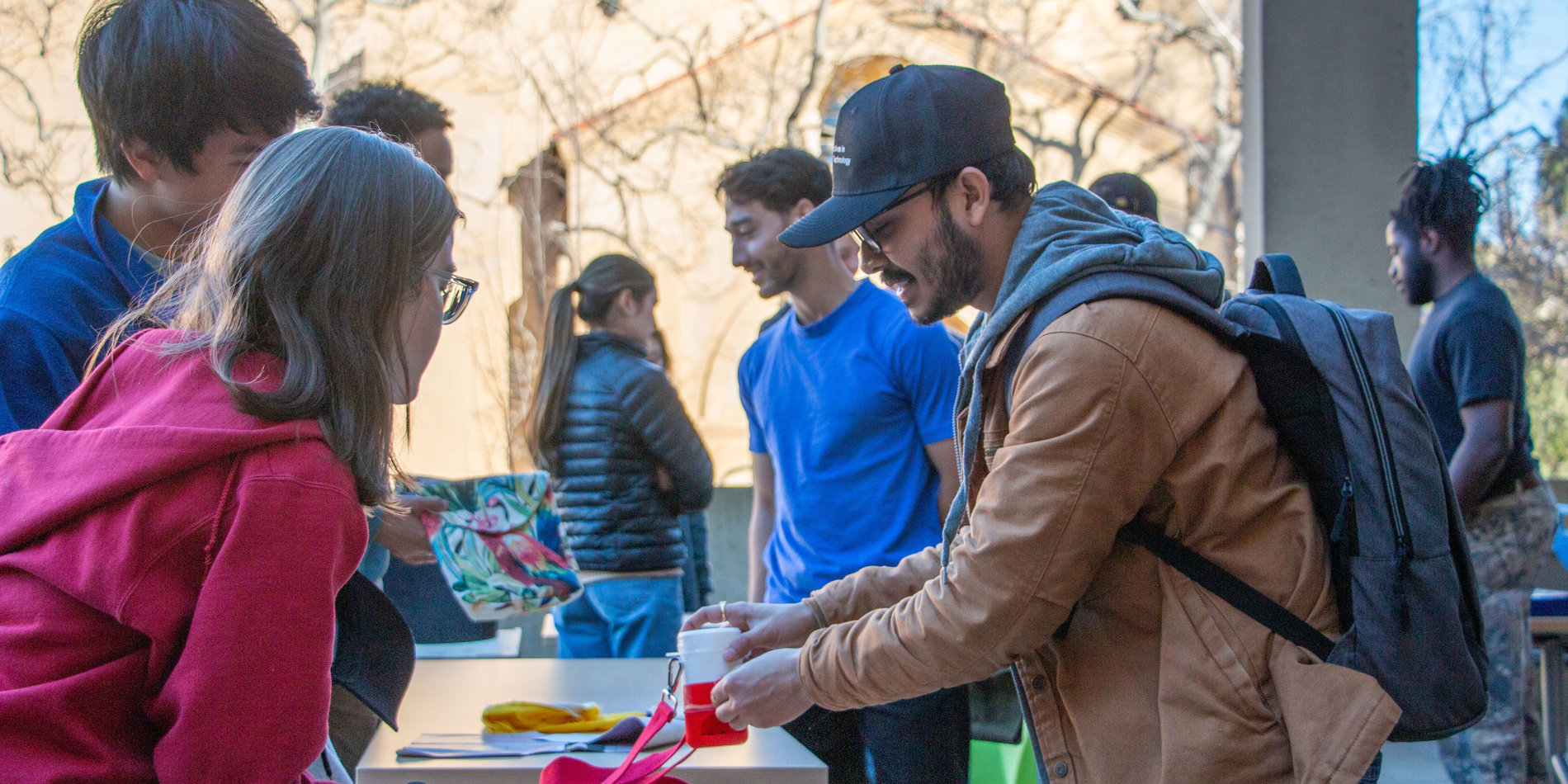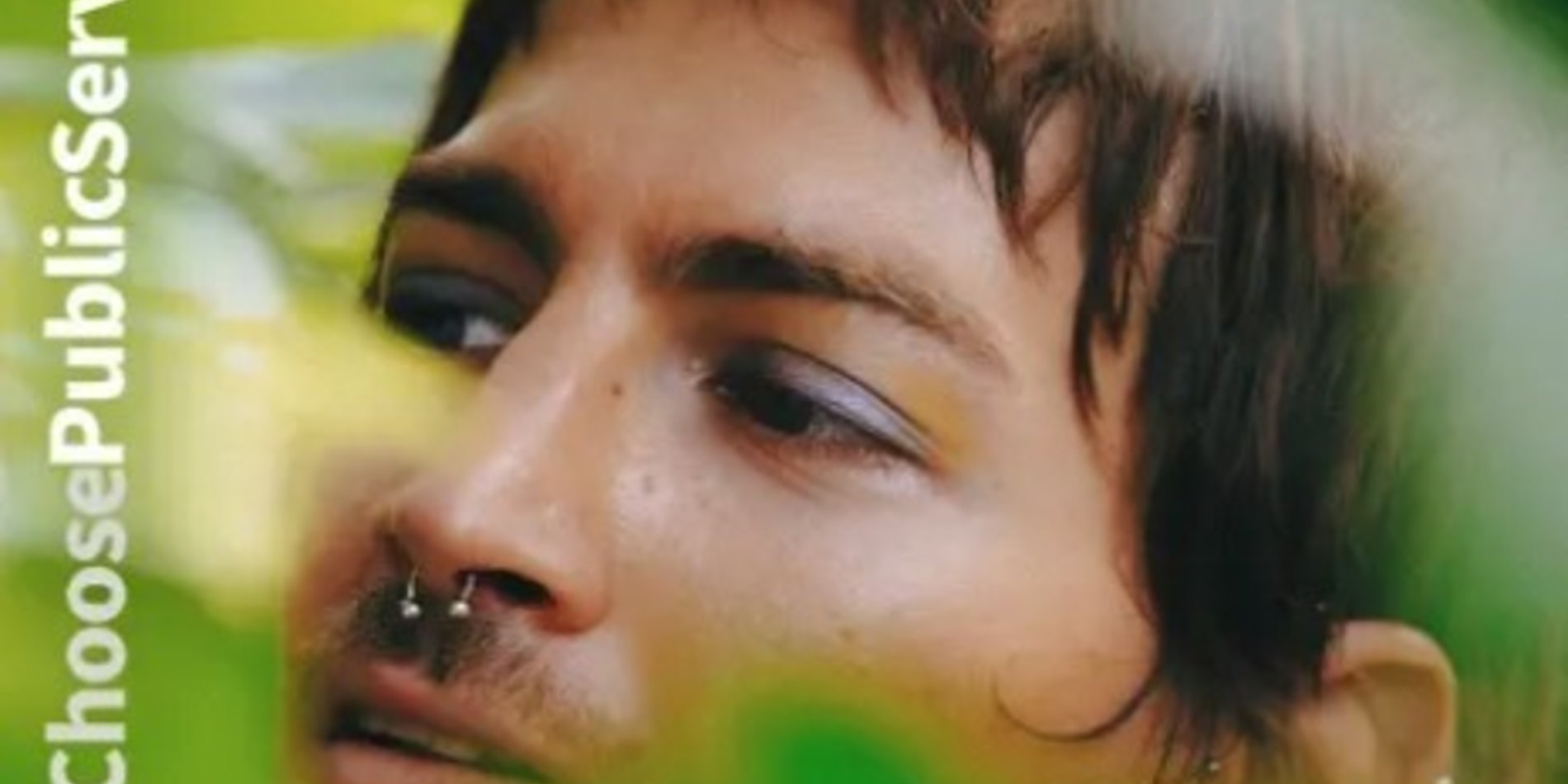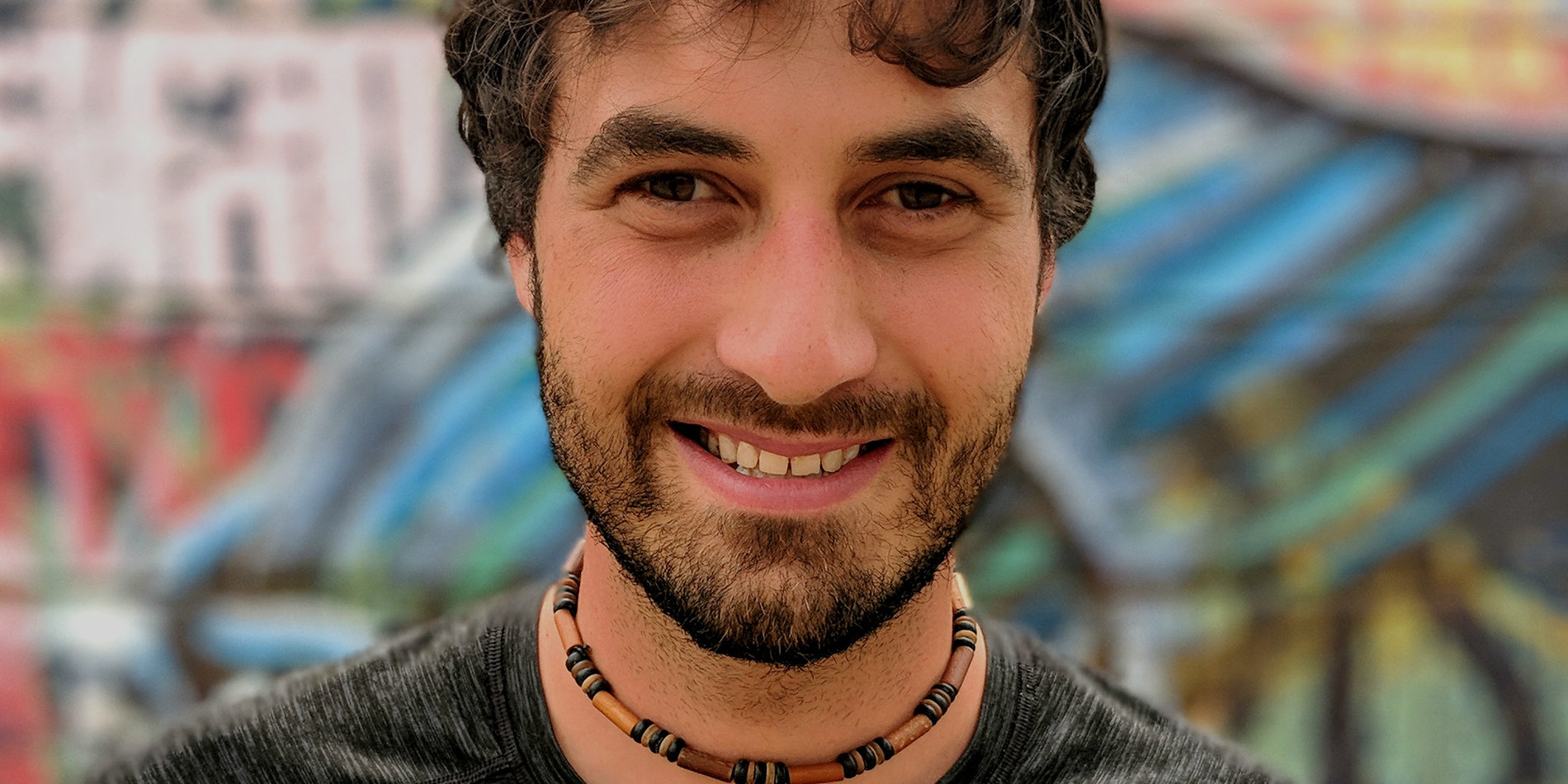Beginning the New Year with hope

The Governor of California has lifted the statewide stay-at-home order and a few days ago the inauguration of our 46th President proved that, although fragile, our democracy is also resilient. More locally, in Branner Hall, we are enjoying the lively presence of a small number of frosh (Branner’s first frosh since 2008–09), and the increasing pace of vaccination brings a lightness of being that I haven’t felt for a while.
While these events give us hope, they don’t dilute or diminish the crises, pain, and challenges we continue to face. The questions on my mind are probably similar to what is on your mind: How can we be so divided in the face of a crisis that has taken more American lives than WWII? What caused the plague of recent undemocratic behavior and how can so many Americans accept unsubstantiated, false claims of massive voter fraud? Why do we continue to struggle to fully come to terms with, and rectify, structural racism? These are questions that we are talking about now at the Haas Center and which will continue to be on our minds and in our discussions for a significant time to come.
I am, however, filled with hope. My hope stems from the knowledge that these compounding and intersecting crises have exposed the need for us to be connected to each other and require us to examine deeply, renew, and act upon the values that bring us together. I sense disappointment, frustration, and grief, but I also sense a deep yearning for a renewal of civic faith.
The Commission on the Practice of Democratic Citizenship recently released a report that suggests our country is on the cusp of its “fourth founding.” The idea is that our constitutional democracy isn’t created, or founded, just once, but is remade—re-founded—as we grow, develop and change as a country. The second and third foundings took place (respectively) during the post-Civil War reconstruction and amidst the Civil Rights movement in the middle of the 20th century. The report contains 36 very specific civic innovations and structural transformations needed to renew our constitutional democracy, and with it our civic faith. Examples include the introduction of ranked-choice voting in federal and state elections, establishing independent redistricting commissions in every state, modifying Supreme Court selection and tenure, and dramatically expanding national service expectations.
While some recommendations are more actionable than others (I believe ranked-choice voting is one of the most important reforms), the possibilities outlined in the Commission’s recommendations—and moreover the potential of engaging young people at the Haas Center and elsewhere in acting on these recommendations—are what give me real hope. I believe this fourth founding—as in each previous founding—will bring us closer to achieving a more perfect union.


